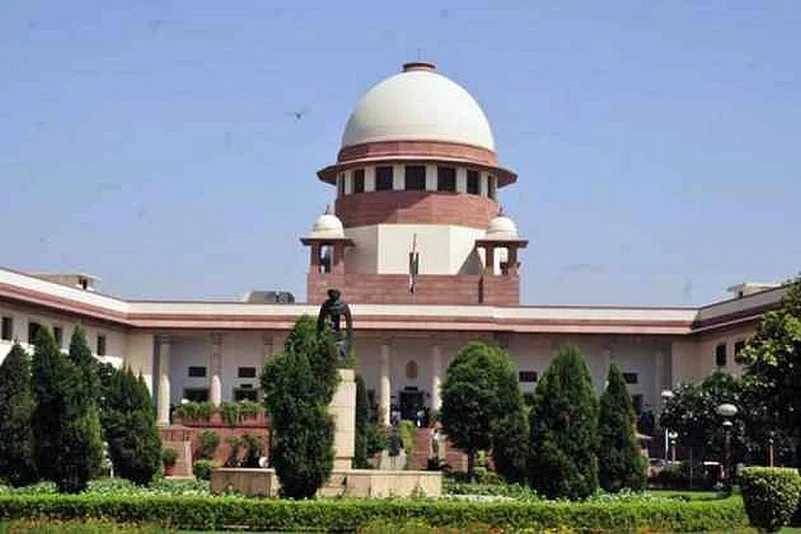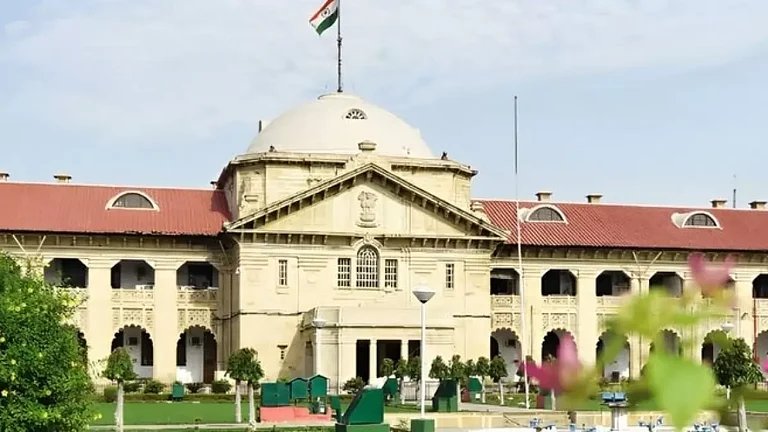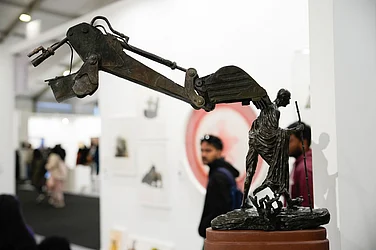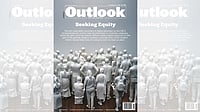Two individuals convicted in the Bilkis Bano gang rape case have moved the Supreme Court to contest its recent decision revoking their early release. Radheyshaym Bhagwandas Shah and Rajubhai Babulal Soni, both among the 11 individuals convicted in the case, have filed a petition seeking a referral to a larger bench for a final adjudication. The petition highlights a perceived anomaly arising from contradictory views of two Supreme Court benches, both comprising two judges, on the issue of premature release and the applicable state government's policy.
According to the plea filed through advocate Rishi Malhotra, one bench on May 13, 2022, directed the Gujarat government to consider Shah's application for premature release, citing the state government's remission policy. However, another bench, on January 8, 2024, concluded that it was the Maharashtra government, not Gujarat, that held the authority to grant remission. The petition contends that this situation creates confusion and calls for a resolution to maintain legal consistency.
On January 8, the Supreme Court nullified the remission granted to all 11 men convicted in the Bilkis Bano case. The court directed them to surrender within two weeks, asserting that the Gujarat government had improperly exercised its power to order premature release, indicating complicity with the prisoners. Shah and Soni, in their recent petition, argue that this order contradicts established legal principles and judicial propriety.
The petition further references a Constitution bench decision in the Rupa Ashok Hurra case (2002), indicating that the victim's proper recourse would be to file a curative petition, rather than a writ petition questioning the earlier order of May 13. The convicts assert that the January 8 judgment goes against this established legal precedent and should be set aside to prevent judicial impropriety and maintain clarity in future legal proceedings.









_570_850.jpg?auto=format%2Ccompress&fit=max&format=webp&w=768&dpr=1.0)
















